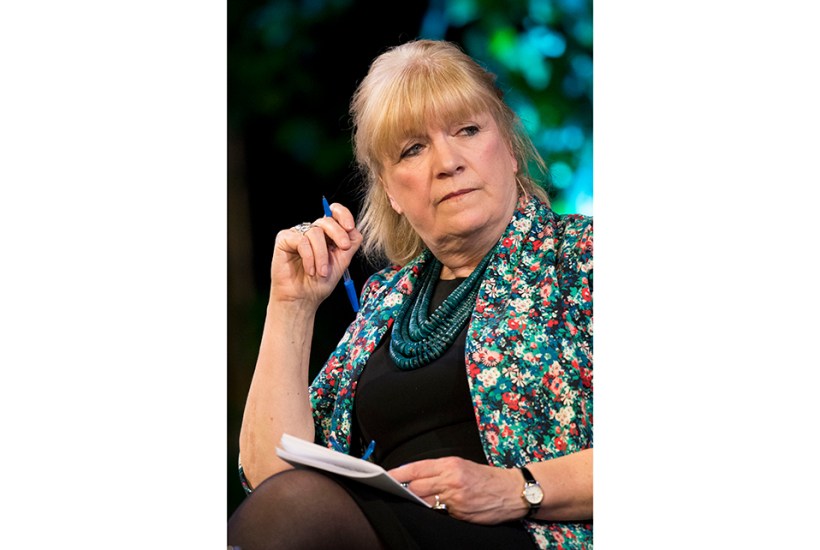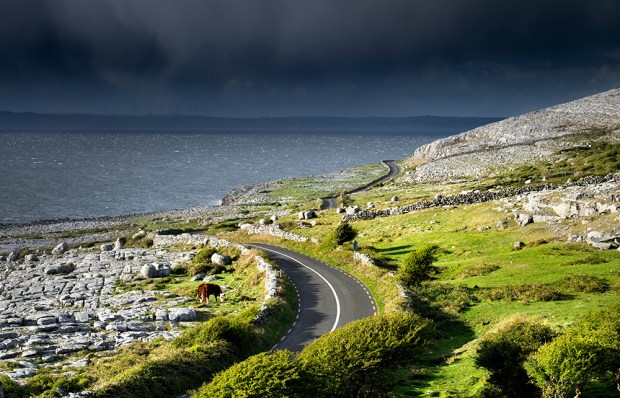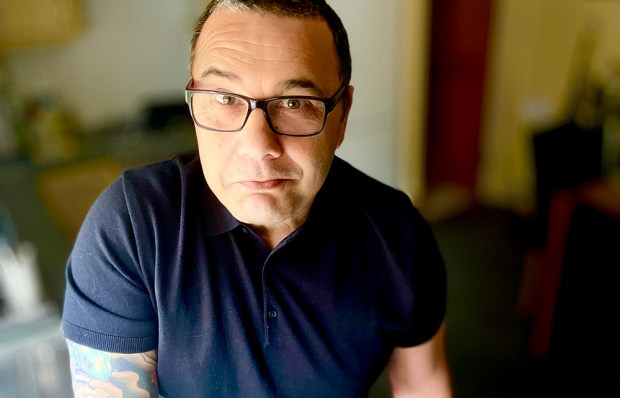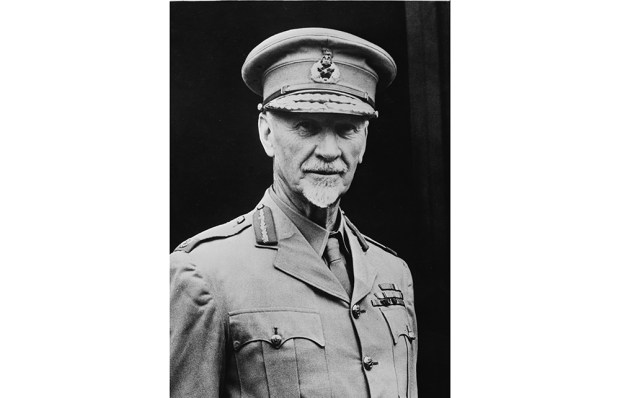Polly Toynbee’s fascinating, multi-generational memoir comes with a caveat to a Spectator reviewer. While her book is written with ‘self-conscious awareness’, Toynbee predicts, with a cautionary wag of the finger, that it will be reviewed in publications where ‘introspection is inconvenient’.
Of course, introspection drives her narrative. Toynbee, a self-confessed ‘silver-spooner’, was born into a family of towering academic and literary influencers who, while enjoying connections and lifestyles as posh as they come, almost consistently resisted and campaigned against conservative elitism and privilege.
Already a subscriber? Log in
Subscribe for just $2 a week
Try a month of The Spectator Australia absolutely free and without commitment. Not only that but – if you choose to continue – you’ll pay just $2 a week for your first year.
- Unlimited access to spectator.com.au and app
- The weekly edition on the Spectator Australia app
- Spectator podcasts and newsletters
- Full access to spectator.co.uk
Unlock this article
You might disagree with half of it, but you’ll enjoy reading all of it. Try your first month for free, then just $2 a week for the remainder of your first year.














Comments
Don't miss out
Join the conversation with other Spectator Australia readers. Subscribe to leave a comment.
SUBSCRIBEAlready a subscriber? Log in